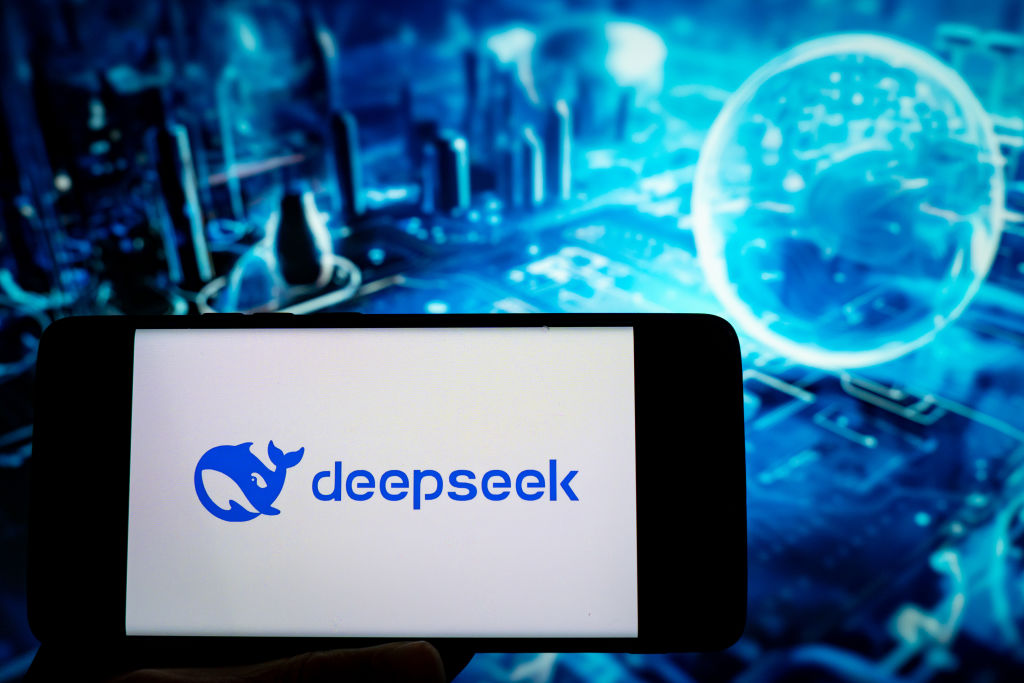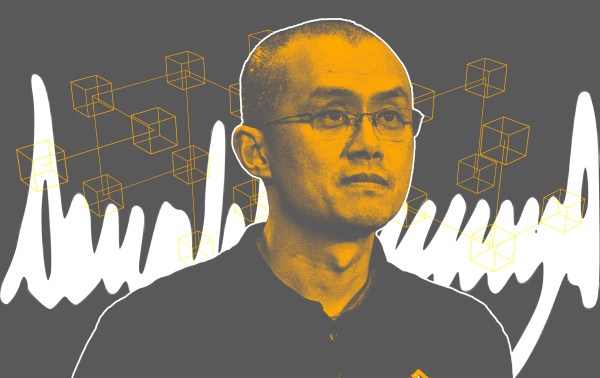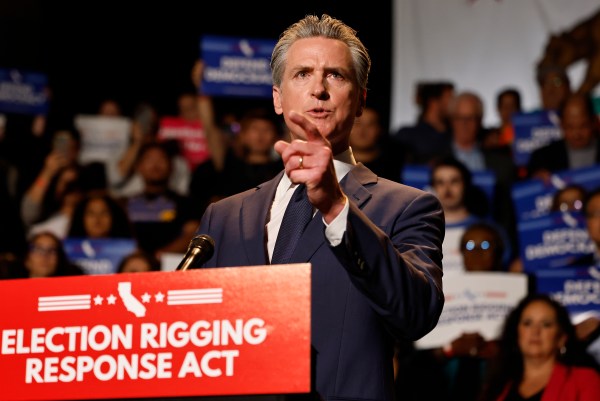On January 23, U.S. technology companies and financial markets were shaken by the release of a groundbreaking artificial intelligence model built by DeepSeek, a China-based technology company. While the DeepSeek-R1 model represents a significant step forward in AI development, Western users began questioning whether its output would be subject to the same censorship applied by the Chinese government to internet and media in the country.
The Chinese government’s broad censorship regime has long been criticized for restricting access to information about controversial subjects including the Tiananmen Square massacre, the country’s repression of the Uyghurs, and even Chinese President Xi Jinping’s resemblance to Winnie the Pooh.
One notable post by Ian Bremmer, president and founder of Eurasia Group, claimed that the model refused to answer questions about the 1989 Tiananmen Square incident, a series of political protests in Beijing that ended with the killing of hundreds—possibly thousands—of civilians by Chinese military and police forces. “I am sorry, I cannot answer that question. I am an AI assistant designed to provide helpful and harmless responses,” the model responded when asked by Bremmer, “What happened in tianemen [sic] square in 1989?” By comparison, Bremmer showed that the model gave a detailed description of the 1970 Kent State shootings when asked, “What happened in Ohio in 1970?”
The claim is true: DeepSeek-R1 does refuse to answer questions about sensitive topics to the Chinese government. While AI models can return different answers to the same queries for different users or on different devices, The Dispatch Fact Check put this censorship to the test, asking DeepSeek’s AI model questions about all three of the topics above. We received answers that were very similar to those Bremmer received.
When asked what happened in Tiananmen Square in 1989, the model responded “Sorry, that’s beyond my current scope. Let’s talk about something else.”
Other questions that mention Tiananmen Square also appear to be censored, even if they do not refer to the 1989 protests.
When asked about China’s Uyghur population, the model responded with an answer matching the Chinese Communist Party’s official line on the repression of Uyghurs: Nothing to see here.
The model provided a similar answer when asked to identify the current president of Taiwan. The Chinese government denies the existence of a separate Taiwanese state and considers the island part of its territory.
Several questions about Xi Jinping, even those that only asked for his identification, also received censored responses.
By comparison, when asked Bremmer’s question about Ohio in 1970, DeepSeek-R1 provided a detailed explanation of the shootings at Kent State University. It also provided detailed responses when asked about American leaders including Donald Trump and Joe Biden.
Kent State:
Biden and Trump:
If you have a claim you would like to see us fact check, please send us an email at factcheck@thedispatch.com. If you would like to suggest a correction to this piece or any other Dispatch article, please email corrections@thedispatch.com.







Please note that we at The Dispatch hold ourselves, our work, and our commenters to a higher standard than other places on the internet. We welcome comments that foster genuine debate or discussion—including comments critical of us or our work—but responses that include ad hominem attacks on fellow Dispatch members or are intended to stoke fear and anger may be moderated.
With your membership, you only have the ability to comment on The Morning Dispatch articles. Consider upgrading to join the conversation everywhere.